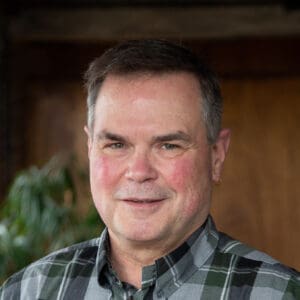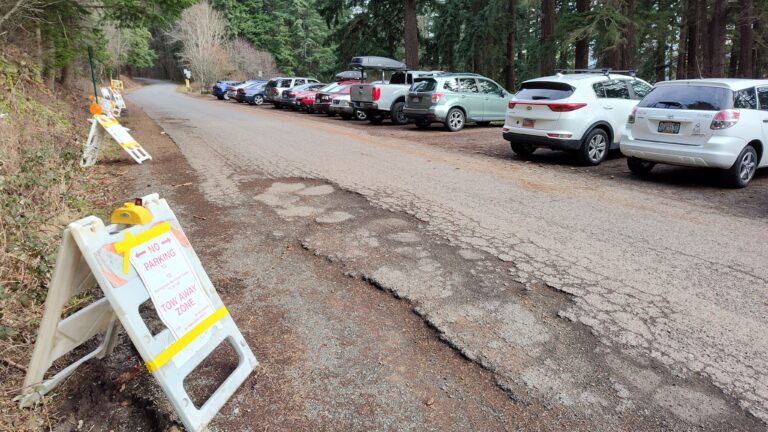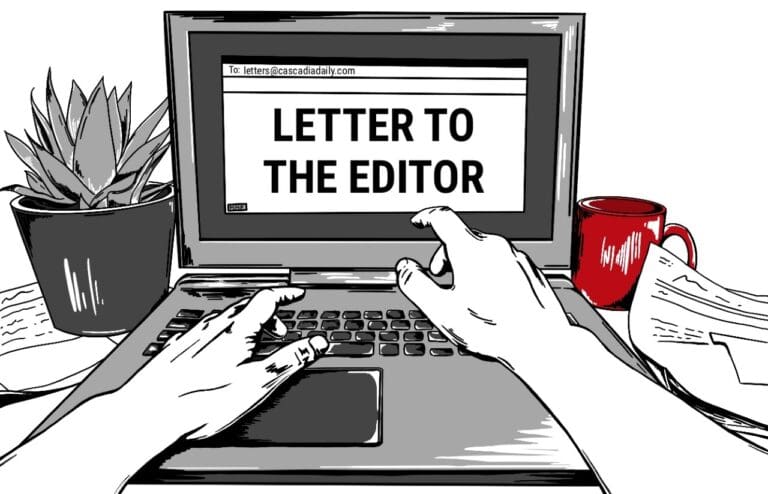Bill McKibben, activist and environmental warrior from back before it seemed a desperate act, was at home in Vermont, on the front porch, recovering from surgery on his leg.
“I can see,” he said by email this week, “the hills I’d like to be hiking.”
Full-time public-policy advocacy and teaching can take the man out of the hills, but …
Massachusetts native McKibben is the author of multiple books about environmentalism, politics, and most recently, a stark reassessment of our very national being in an age of surging authoritarianism and a racial reckoning based on a slow shedding of the mythology of our national founding.
In my mental card catalog, he has long been one of the Sane Voices worth turning to when things start to go upside down. And it was from that upside-down position that I reached out to him. Two weeks ago in this space, I offered some uncomfortable thoughts on the meaning of patriotism — on a surface level, the display of Old Glory, but deeper, on managing one’s own psyche.
Quite a few readers responded in a way that was surprising.
“I hate to say it,” the emails began, “but I feel the same way about having trouble keeping hope.”
Revealing, but not good. As I told those folks, I loathe writing columns with despair as a theme. But with that nerve now exposed, it seems worthwhile to hit up some of the brighter lights in the night sky of common sense and pick their brains about dealing with the same questions.
McKibben addresses many of these themes in the aptly named “The Flag, the Cross, and the Station Wagon: A Graying American Looks Back at His Suburban Boyhood and Wonders What the Hell Happened.” In this quasi-memoir, he examines in blunt, often self-critical fashion his own life as a young resident who literally donned a tricorn hat to give tours of his history-rich hometown of Lexington, and how the nation he started out loving pulled the ground from beneath him over the course of 50 years.
The “cross” and “station wagons” are motifs McKibben uses to address the shaping of the national psyche by religion and a secular phenomenon of perhaps greater weight, the suburbanization of America. A son of the town where the American experiment began, McKibben urges a reexamination of the more egalitarian values of the Revolution, channeling the same energy into resisting the anti-liberty forces of today.
Race, and McKibben’s own reconciliation with what he calls a former naivete, is a constant backdrop. It’s a thought-provoking read, inspiring some direct questions to the writer, Middlebury College lecturer, and founder of grassroots climate campaign 350.org, and the activist group Third Act. (Due to bad phone connections, we conversed by email:)
You’ve been an activist for a long time. Are the current days a low point? Why or why not? It seems like the recent SCOTUS decision on the EPA, in particular, must be a terrible body blow to environmentalists.
“Well, there are good trends underway: The cost of renewable energy just keeps dropping. But the ability of Big Oil to slow the transition by gaming our politics — with their biggest beneficiary, Joe Manchin, or a Supreme Court that the right has carefully restructured over many decades — may keep us from making that transition in the time that physics is allowing us.”
It’s hard for many folks involved in environmentalism and social justice to get past the notion that the country is in an inexorable slide. Do you feel despair over our current situation? How do you cope with that?
“We’ve been doing it by organizing people like me, over 60, who won these fights once — the Clean Air Act of 1972, say, or the Voting Rights Act of 1965. At Third Act, we believe that if we won them once we can do it again.”
If so, whom do you look to for inspiration? How do you shake it off? Or can you?
“I go out and wander around in the beautiful world for a while, and come back in and get to work.”
Is it possible anymore in America to think of the environmental movement as a single, independent field of action, or is it now intrinsically tangled up with the battle to save democracy?
“Very tangled up with — in fact, at Third Act those are the two issues we’re at work on simultaneously. Save the climate climate and save the political climate.”
The NW has long been a leader in environmental causes. What advice do you have for budding environmental activists, at places such as our own Western Washington University College of the Environment, about making a difference in the near-term future?
“I think community resilience will be really key, and so innovations that came out of Bellingham — say the Business Alliance for Local Living Economies — are good examples of where we need to be headed.”
What are three things the average, busy, working fan of the planet should be doing to make the most difference in public policy? Right now.
“Organize, organize, organize. Individual action can’t square the carbon math at this point; an individual needs to be less of an individual and join with others who can change the basic political and economic ground rules. That’s why we set up things like 350.org or Third Act.”
On the question of the flag and patriotism itself, McKibben’s view in the book is clear:
“The flag only means what the country means,” McKibben writes, “and maybe that meaning can change: we get the chance to shape some of what our history stands for with our actions now … perhaps we will eventually earn the right to raise the flag once more with the conviction that it carries some of the meaning that we’d since, naively, taken for granted.”
Bill McKibben, one voice solidly in the Fight Has Just Begun column. More to come.
Ron Judd’s column appears on Wednesdays. Email: ronjudd@cascadiadaily.com. Twitter: roncjudd.




Commentary response: Nursing-home staffing mandates critical to dignified care